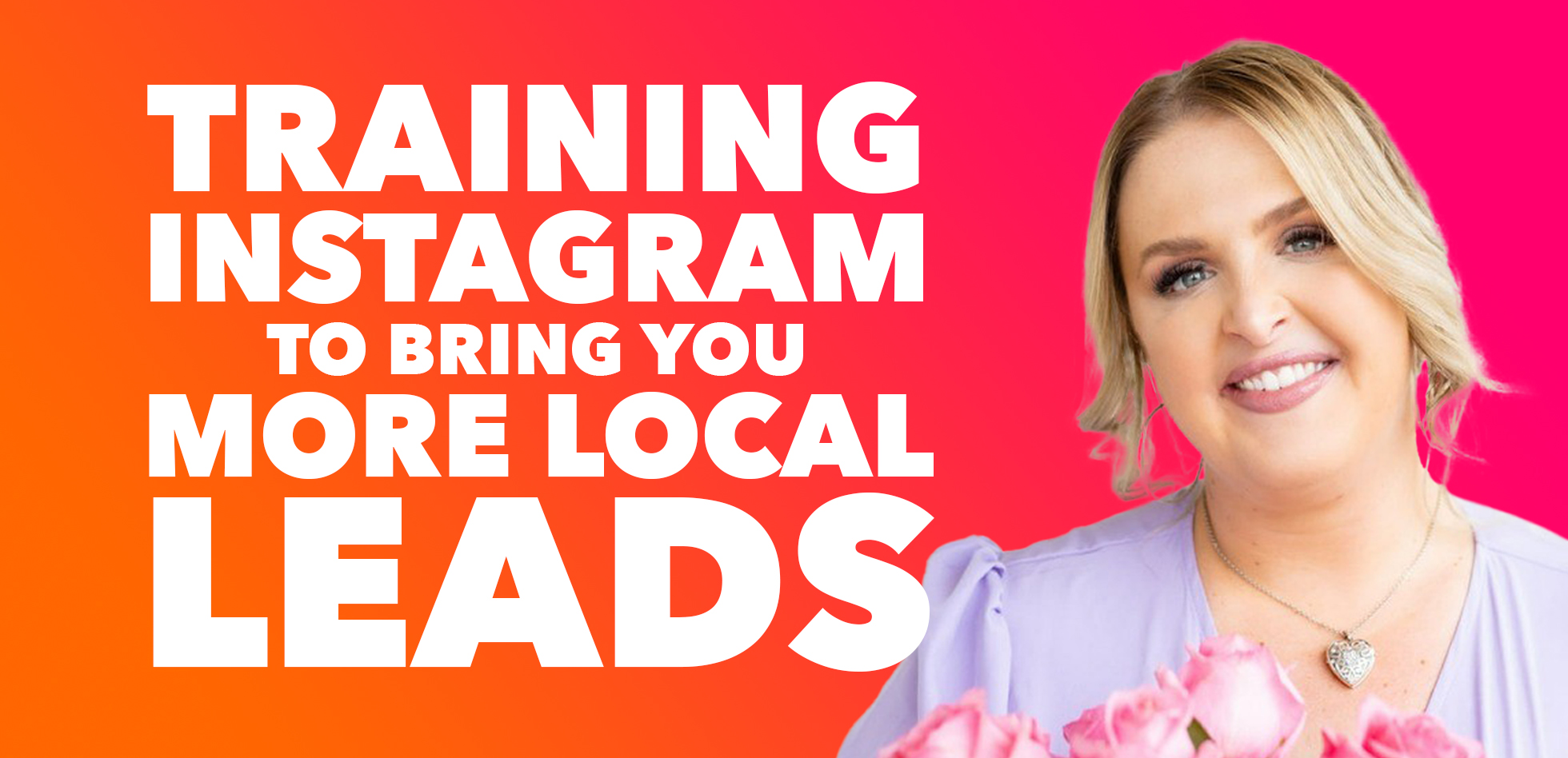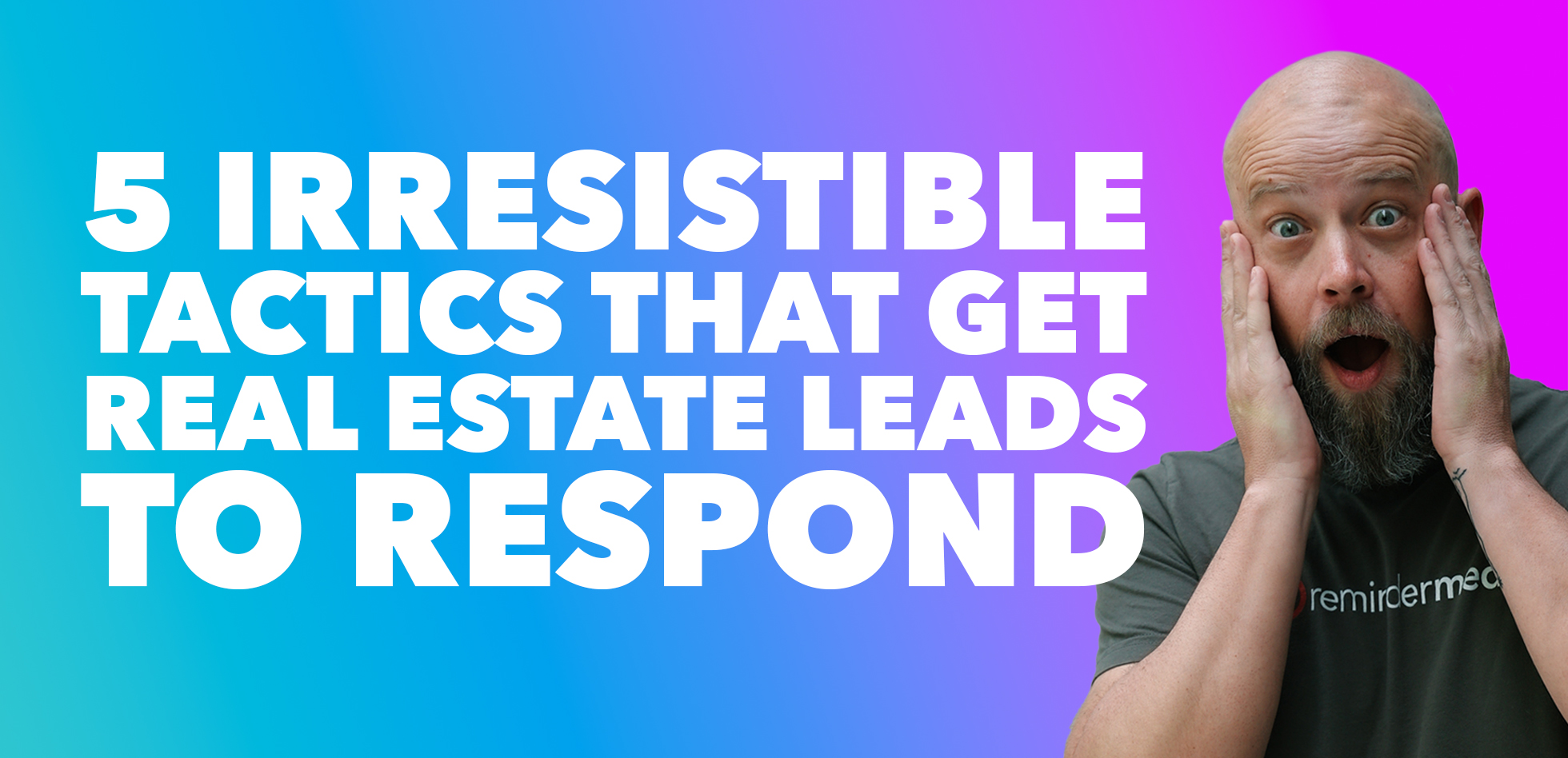Intrinsic Motivation and Extrinsic Motivation
Plus 5 Motivational Types That Explain What Drives You to Act
Who should listen: Anyone interested in discovering the source of their motivation and using that information for self-reflection and understanding others better. People who supervise others will especially benefit from knowing what drives others to perform at their best.
Key idea: To perform at your best, identify opportunities that align with what motivates you. Also encourage others to do the same.
In today’s Silver Dollar episode, we examine the sources of motivation and five different motivational types. The implication for managers of accepting one theory or description of motivation over another lies in how they interact with their teams. The goal is to identify opportunities that align with what drives members of their teams—and themselves—to perform at their best.
Intrinsic and extrinsic motivation
A very basic understanding of motivation suggests that there are two types:
- Extrinsic motivation causes people to act because they want to attain a reward or avoid a punishment.
- Intrinsic motivation causes people to act because of the pleasure they feel in acting; they do something for its own sake rather than for any external reward.
But there are numerous other and more sophisticated theories of motivation, including:
- Abraham Maslow’s Hierarchy of Needs theory suggests that people are motivated by five categories of needs: physiological, safety, love, esteem, and self-actualization. As lower needs in the hierarchy are met, higher needs begin to drive behavior.
- David McClelland’s Theory of Needs (also popularly known as McClelland’s Acquired Needs Theory, the Achievement Theory of Motivation, Human Motivation Theory, and the Three Needs Theory) proposes that instead of five primary needs, there are three: achievement, power, and affiliation. Regardless of our gender, age, or culture, we all have these needs, they are learned, and one of them is dominant.
- Victor Vroom’s Expectancy Theory assumes that we work to maximize pleasure and minimize pain and act to achieve the best outcome or reward. The assumptions are that the more we value a result, the more motivated we are to achieve that result, and the more effort we exert to get a reward, the more likely it is that we will get it.
Fundamentally, all these theories and more strive to explain why people behave as they do—to identify what it is that leads someone to work toward a particular goal or outcome.
In business, knowing what drives an employee to perform at their best and providing that stimulus helps to ensure that you have a productive employee. Productive employees are more profitable, so finding out what motivates members of your team and providing opportunities that align with their motives makes good business sense.
5 motivational types
We’re not experts in motivation, which is why we look to outside sources for information. We visited Leadership IQ online and discovered an article that described five different motivational types plus a quiz that allowed us to identify which types we are. (You’ll have to listen to find out the results. 😉) We’ve included the link to the quiz so you can take it as well.
The five motivational types described by Leadership IQ are:
- Achievement: These people seek to excel by reaching for higher levels of personal best. They want difficult, challenging goals.
- Power: People motivated by power want to be influential and love being in charge. They may choose a high-ranking title over money.
- Affiliation: These people want harmonious relationships with others and enjoy work that requires or allows for significant personal interaction
- Security: People motivated by security crave continuity, consistency, and predictability in their job, work, and pay. They like guarantees and dislike change.
- Adventure: These people are motivated by risk, change, and uncertainty. They don’t mind failure if they get a chance to try again and will be the first to try something new.
Connect | Resources
From Leadership IQ: Quiz: What Motivates You?
From Sprout: Extrinsic vs. Intrinsic Motivation
___
Are you interested in working with Luke and Josh to improve your marketing, get more referrals, enjoy more repeat business, and begin living the life of freedom you deserve? CLICK HERE and get a special offer just for Stay Paid listeners!



















 Soundcloud
Soundcloud iHeart Radio
iHeart Radio Spotify
Spotify Spotify
Spotify


